Worksheets for Ages 3-7 - Page 2
4023 filtered results
-
From - To
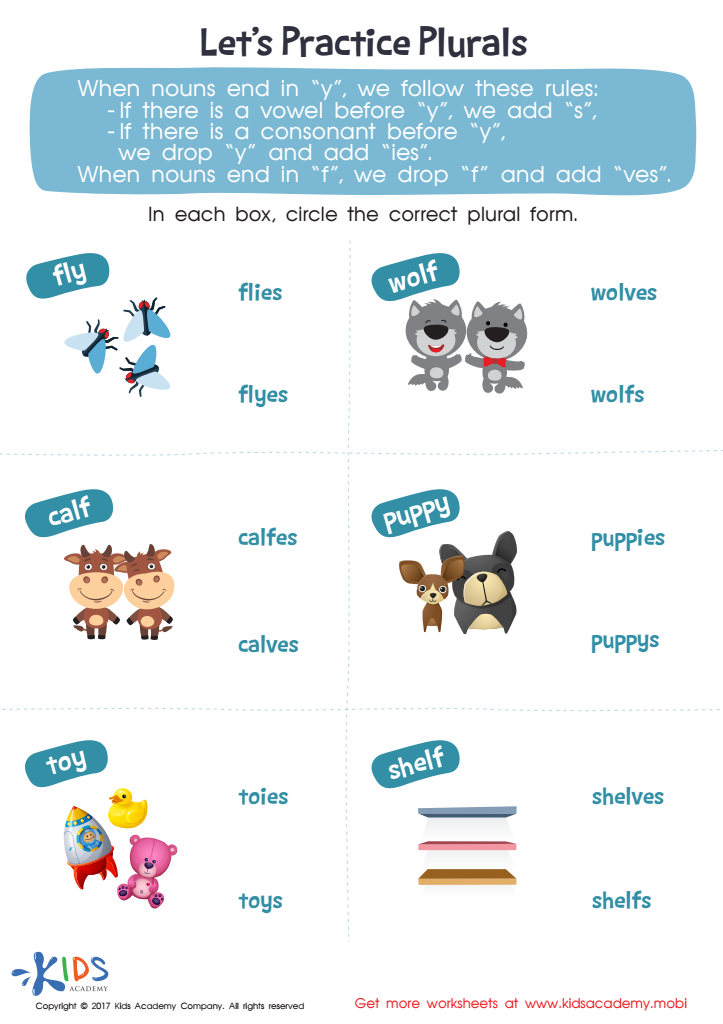

Let's Practice Plurals Word Structure Worksheet
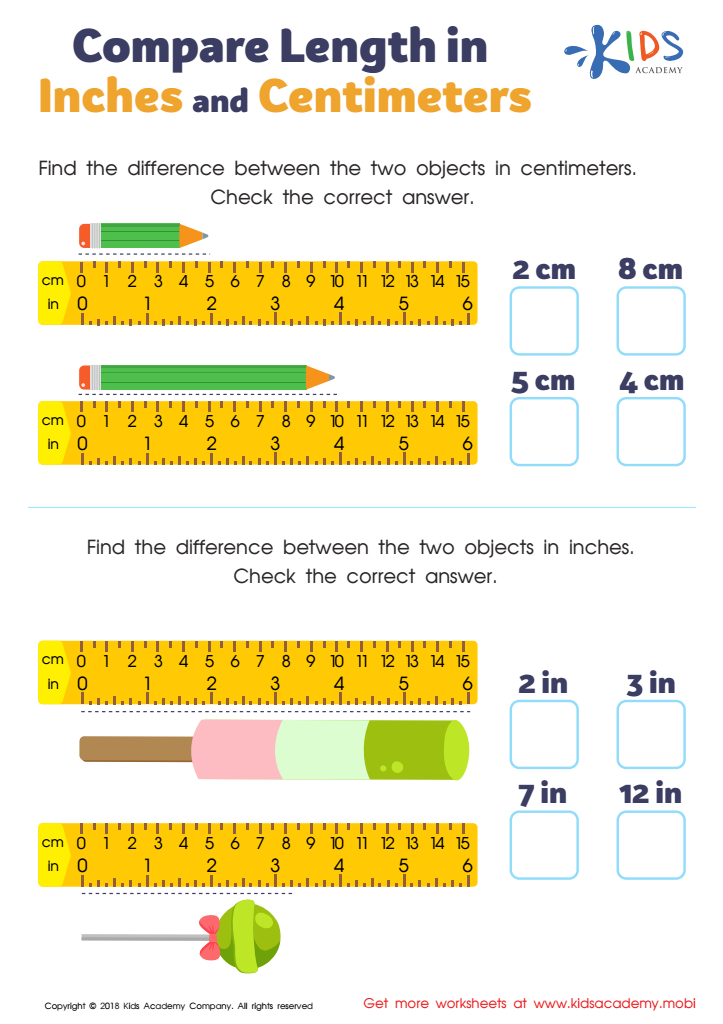

Compare Length in Inches and Centimeters Worksheet
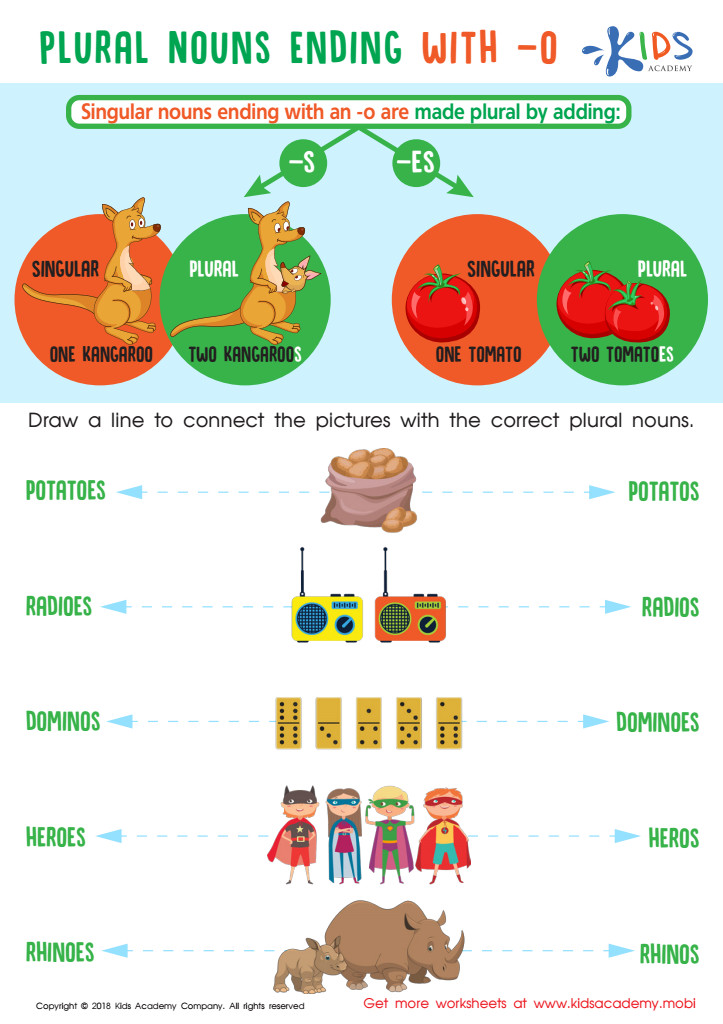

Plural Nouns Ending with -o Worksheet
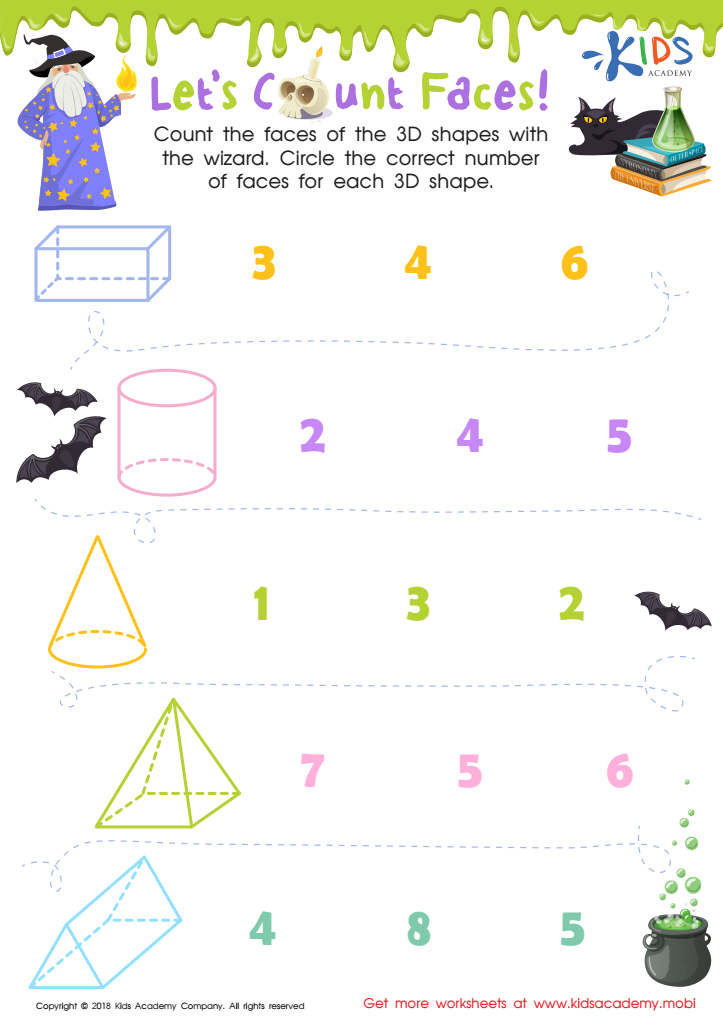

Let's Count Faces! Worksheet
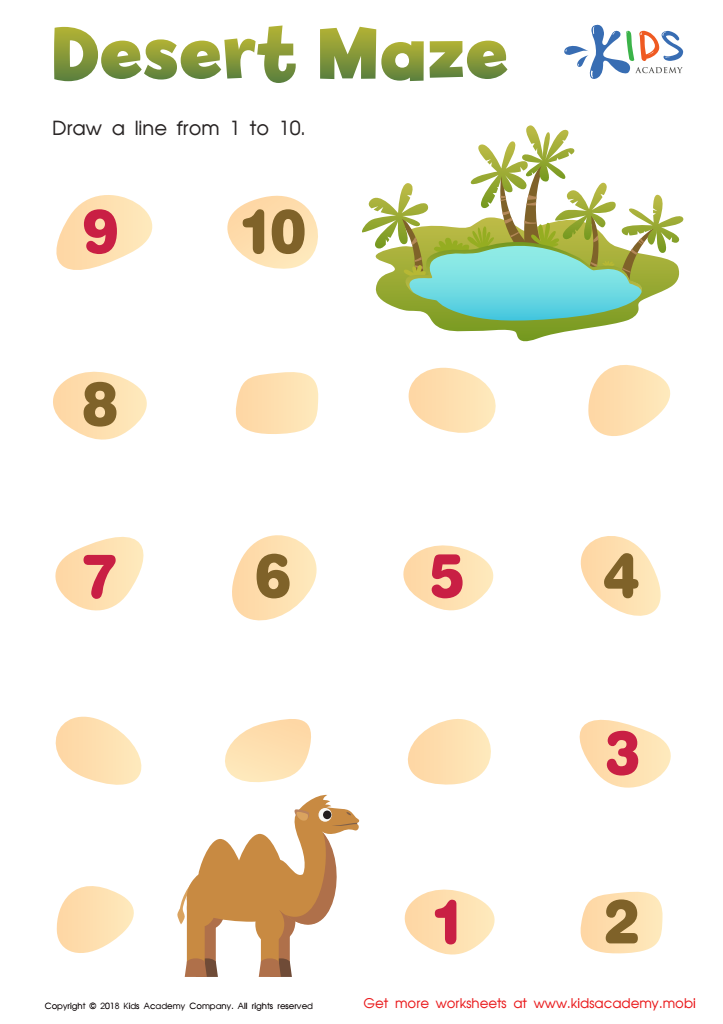

Desert Maze Worksheet
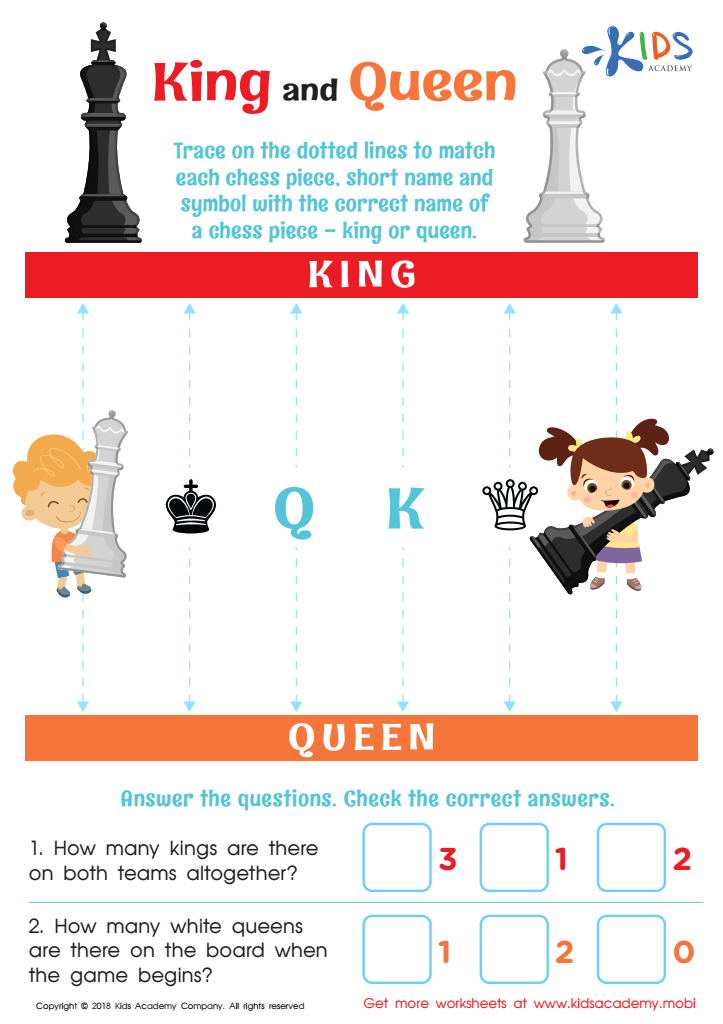

King and Queen Worksheet
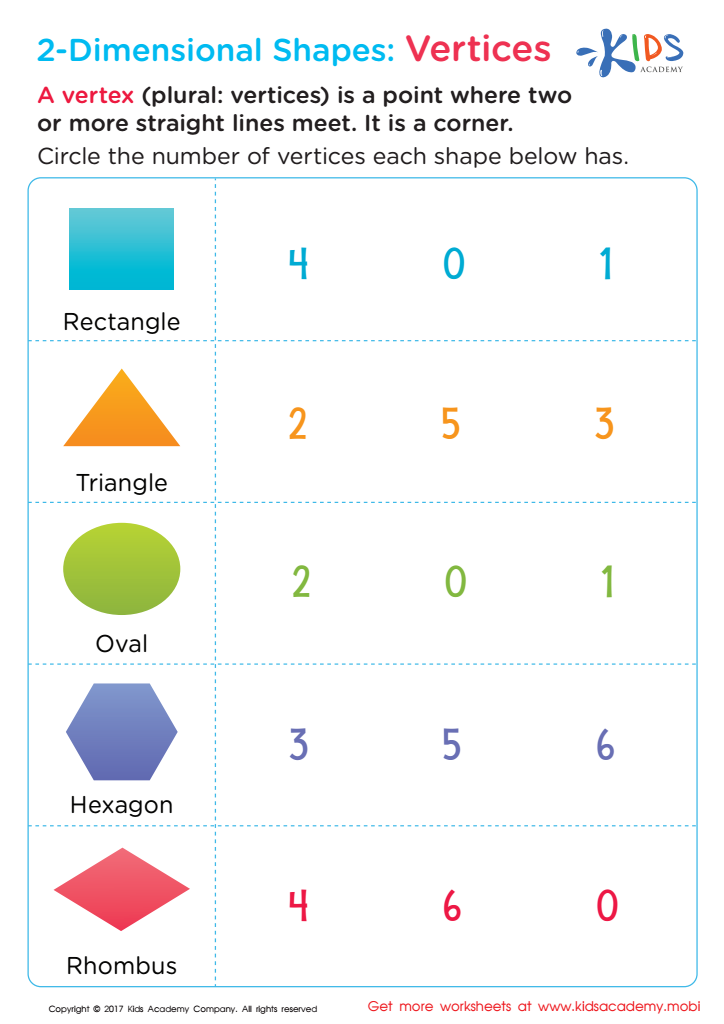

Two–Dimensional Shapes: Vertices Printable
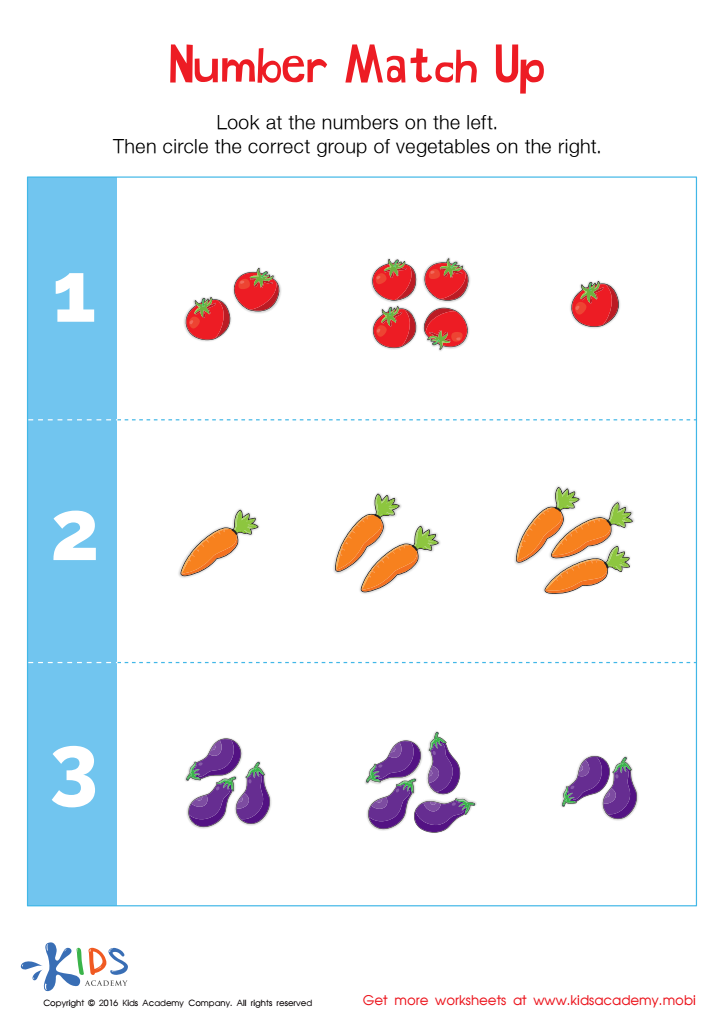

Number Match Up Worksheet


Rhyming Words: Assessment Worksheet
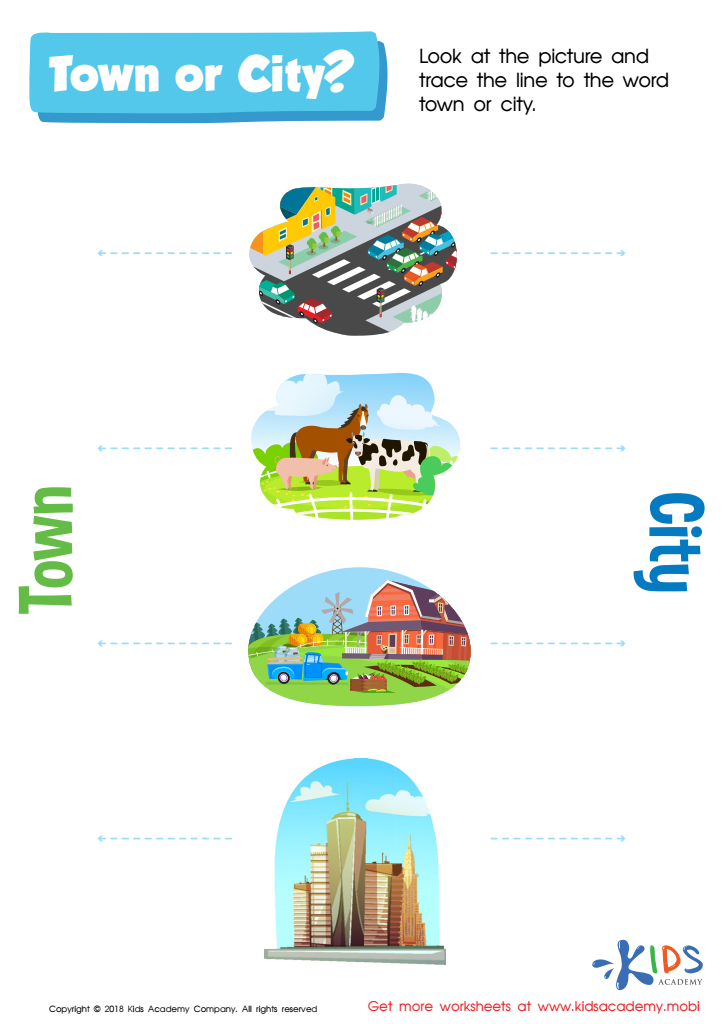

Town or City? Worksheet
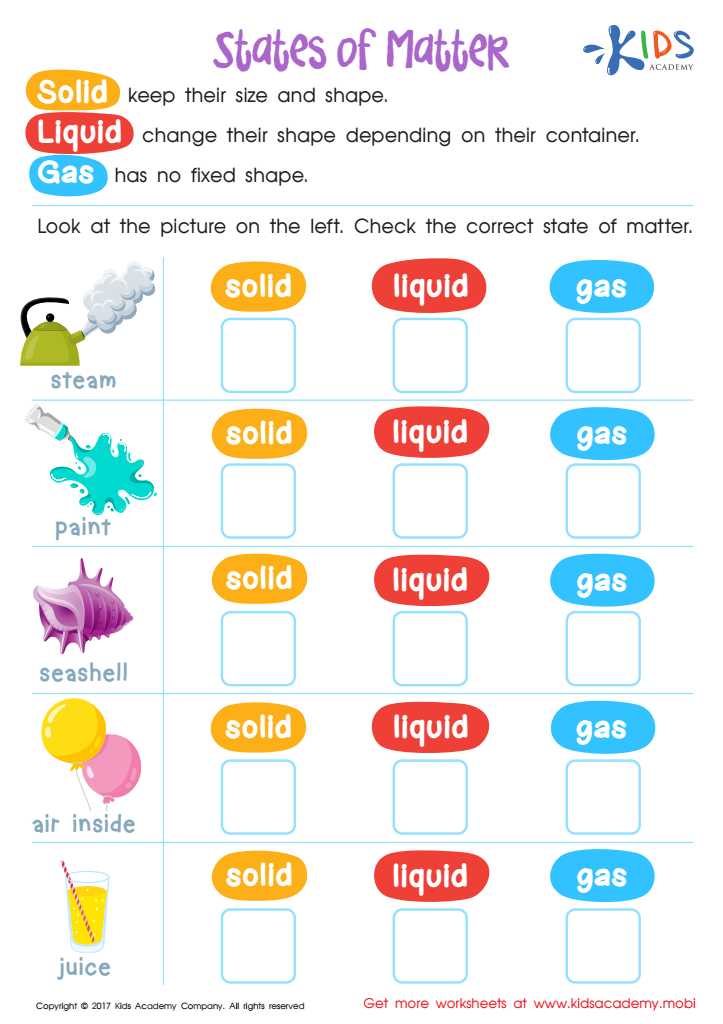

Physical Science: States of Matter Worksheet
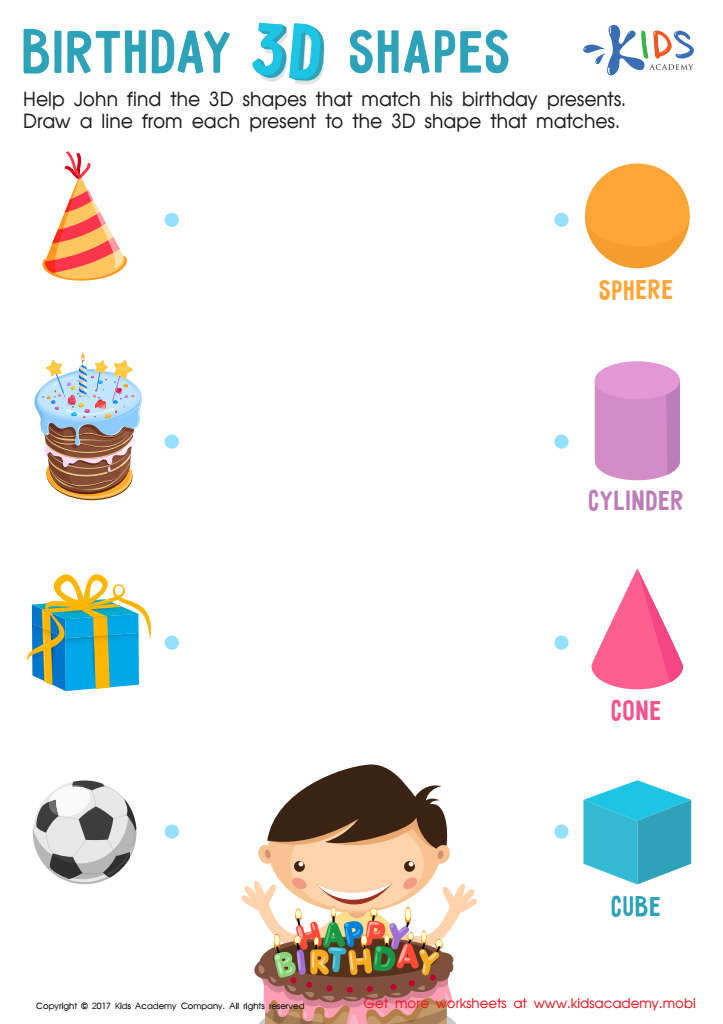

Birthday 3D Shapes Worksheet
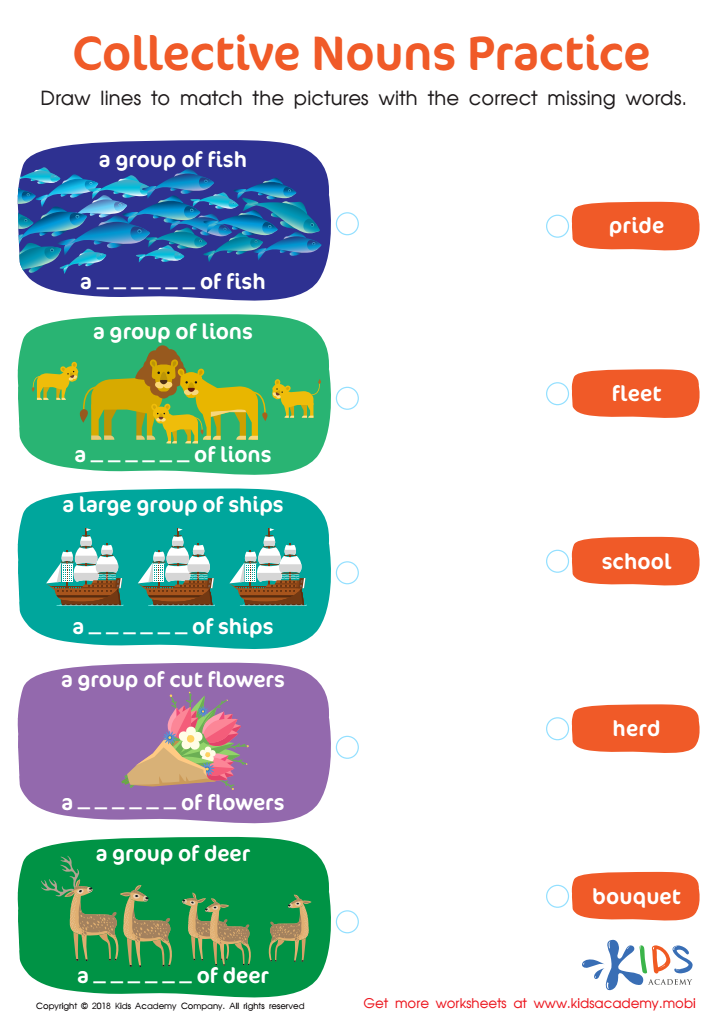

Collective Nouns Practice Worksheet
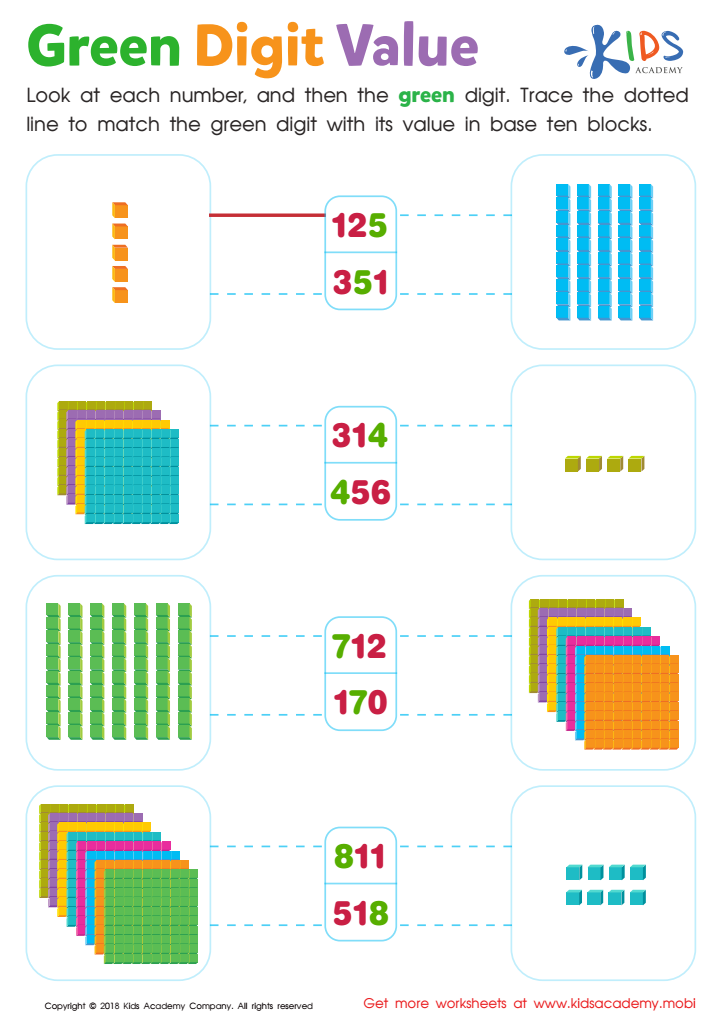

Green Digit Value Worksheet
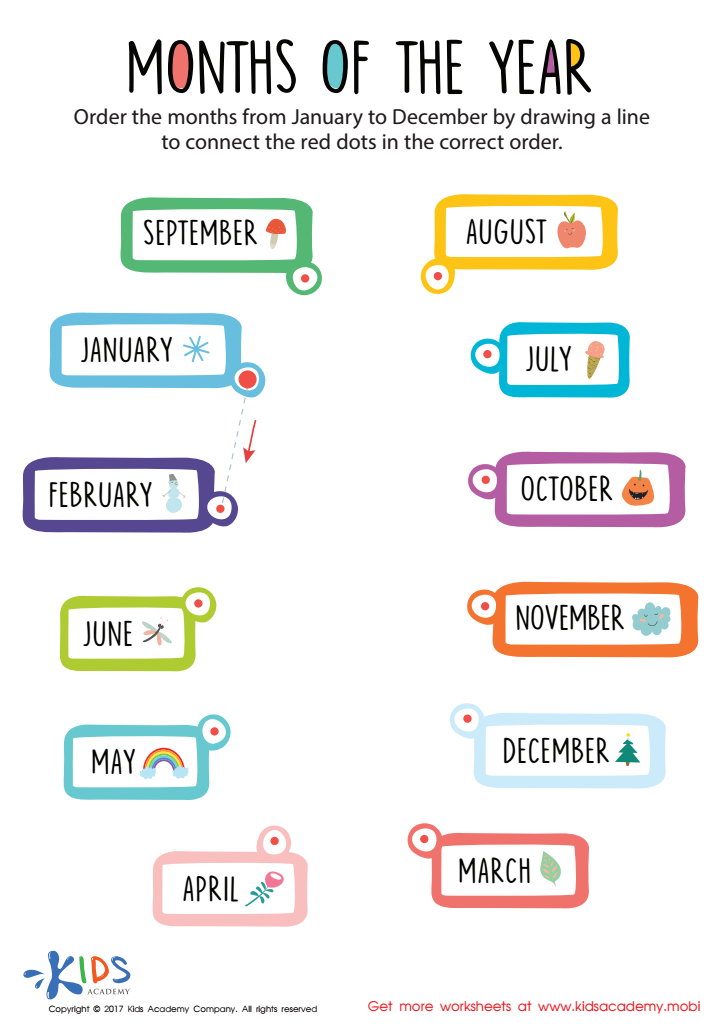

Months of the Year Worksheet
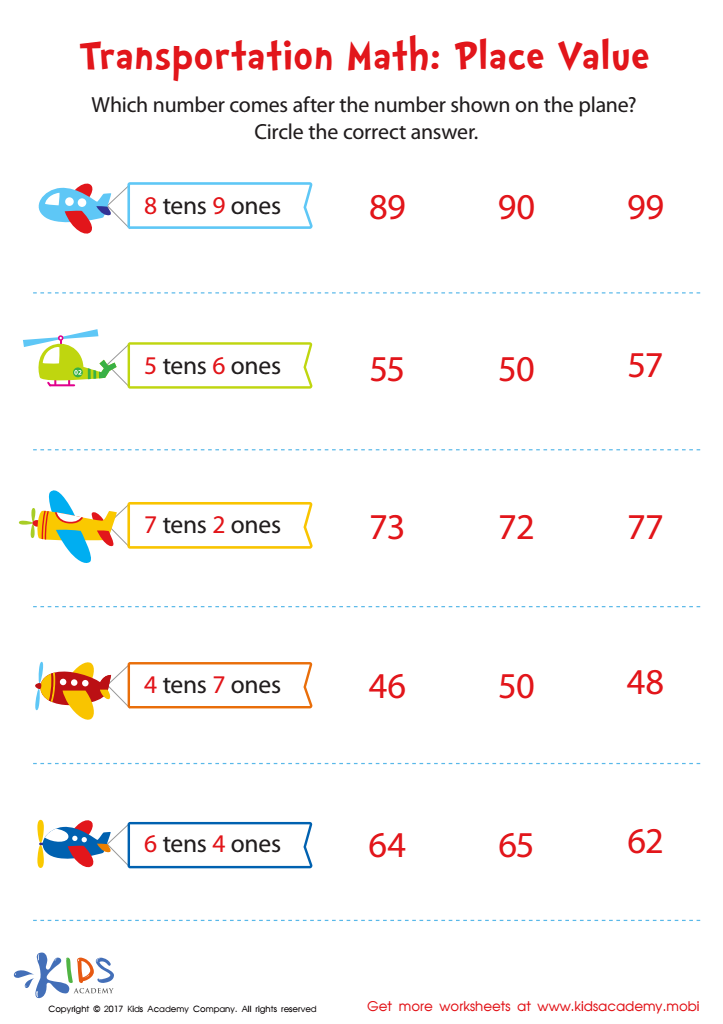

Transportation Math Printable


Christmas: Night Before Christmas Printable


Number 10 Printable
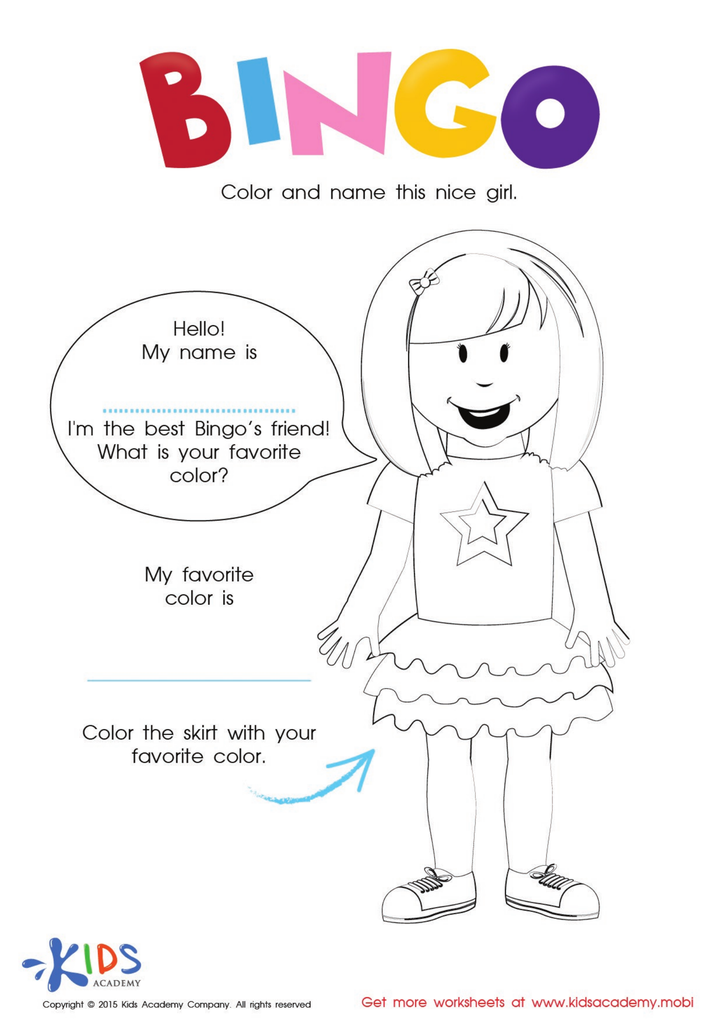

The Bingo Song: Coloring The Girl Worksheet
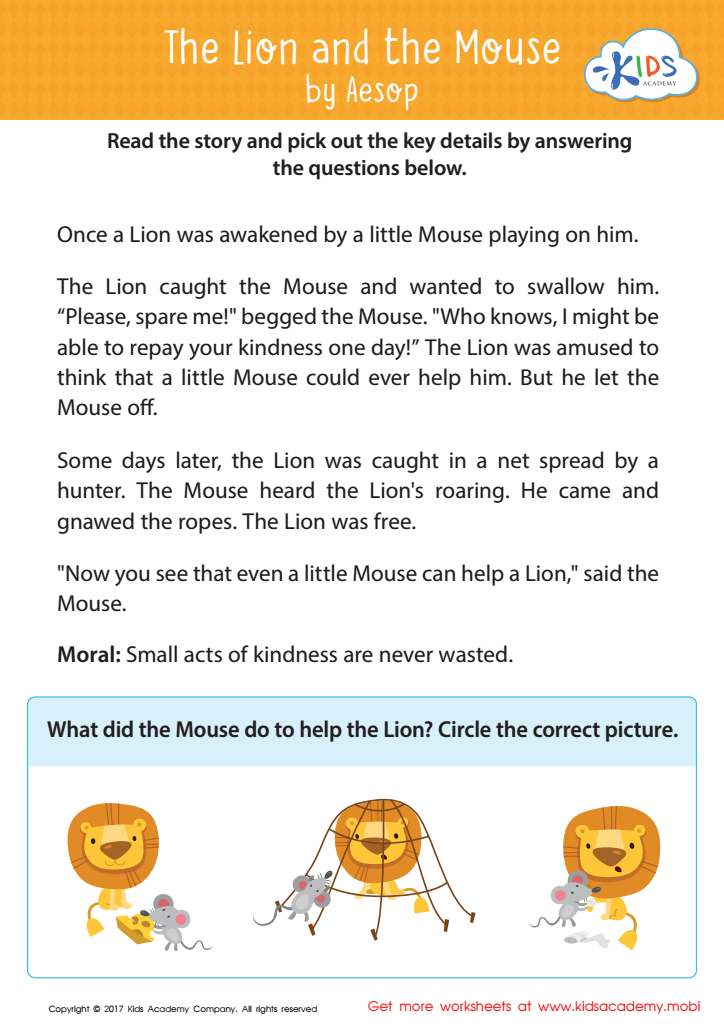

The Lion and The Mouse Sequencing Worksheet
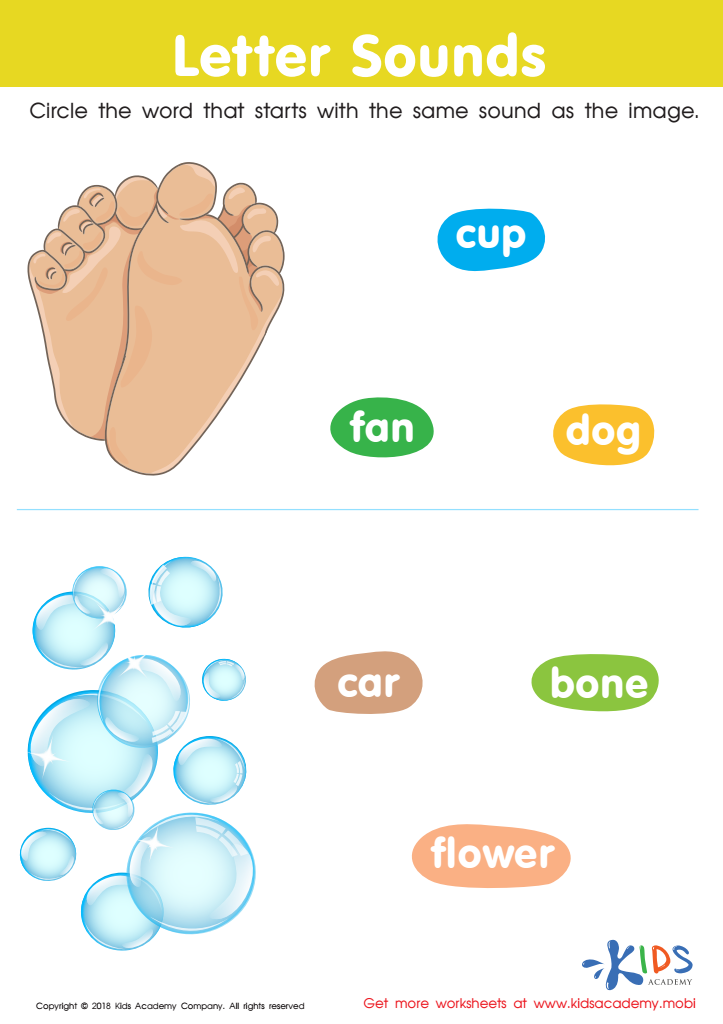

letter sounds Worksheet


Let's Share Worksheet
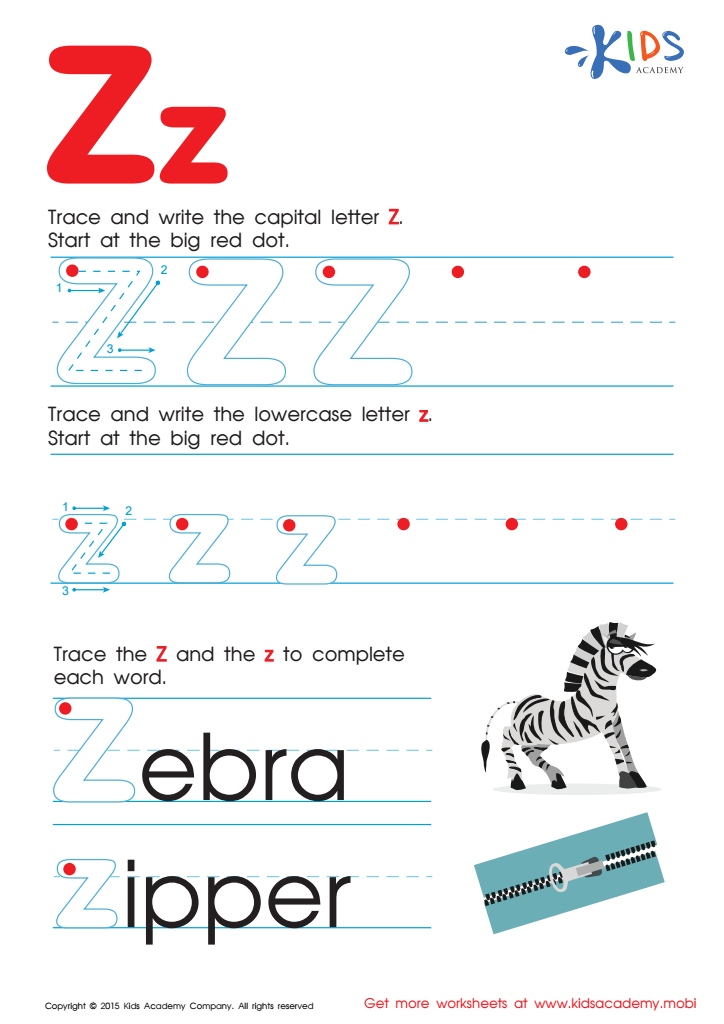

Letter Z Tracing Page
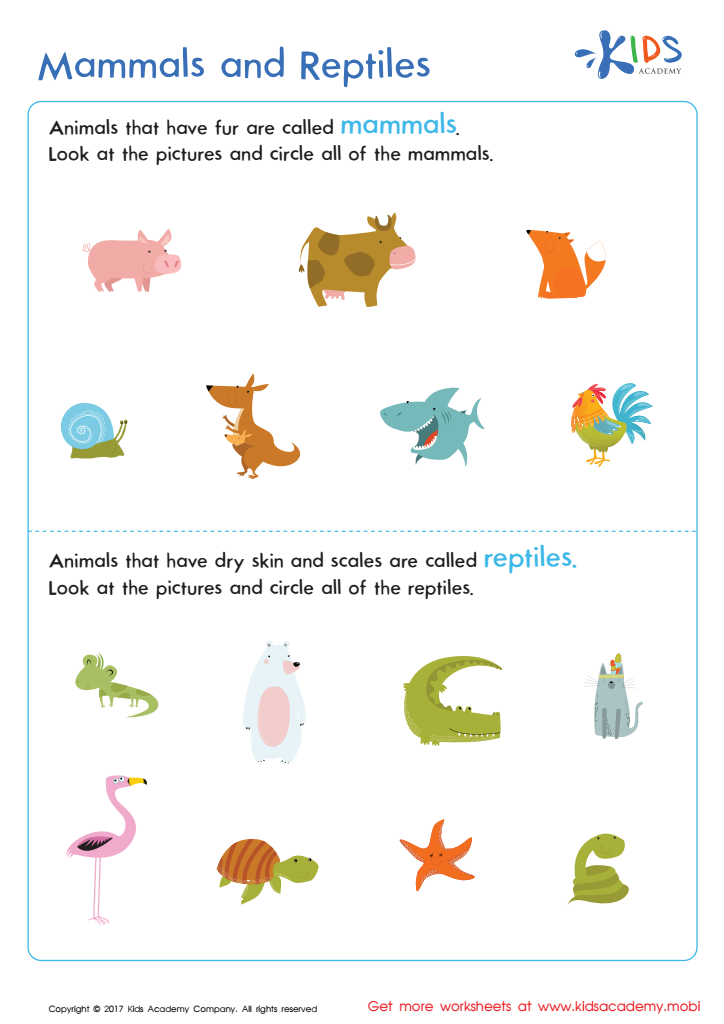

Mammals and Reptiles Worksheet
Parents and teachers play crucial roles in the development of children, especially during the critical ages of 3-7. This time frame is marked by significant intellectual, social, emotional, and physical growth, setting the foundation for a child's future learning and behavior.
Early education fosters cognitive development by stimulating curiosity and enhancing problem-solving skills. Exposure to books, puzzles, and interactive activities builds vocabulary and a love for learning. Vital social skills are forged during this period; guided interactions with peers teach sharing, empathy, and cooperation.
Emotional well-being is equally crucial. A nurturing environment helps children develop self-confidence and resilience. Consistent support from parents and teachers ensures that children feel secure, fostering a positive self-image and encouraging them to take calculated risks.
The physical aspect should not be overlooked. Activities like running, jumping, and playing not only improve coordination but also establish a foundation for a healthy lifestyle. Fine motor skills, honed through activities like coloring or playing with clay, prepare children for future academic tasks like writing.
Given the profound impact of early experiences, parents and teachers must prioritize creating structured, loving, and enriching environments. This investments in early education produce lifelong benefits, including greater academic success, improved social interactions, and better emotional health. In essence, caring about these early years lays the cornerstone for a child's bright and prosperous future.

 Assign to My Students
Assign to My Students





















